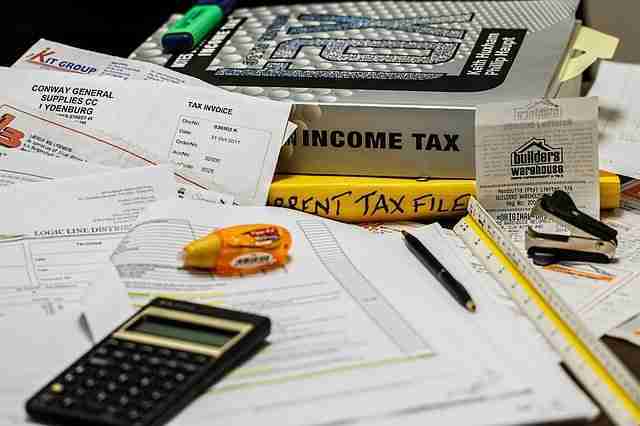KEEP IN TOUCH
Subscribe to our mailing list to get free tips on Data Protection and Cybersecurity updates weekly!







Companies are required to keep proper records and accounts of business transactions. Your company must maintain proper records of its financial transactions and retain the source documents, accounting records and schedules, bank statements and any other records of transactions connected with your business.
Using an accounting software helps businesses improve record keeping and comply with tax obligations. Businesses can also use the information captured in the software to ensure that operations are effective and efficient. The Accounting Software Register lists the accounting software that are able to meet technical requirements and businesses considering to use an accounting software for record keeping are encouraged to consider those in this list.
You should keep proper on how long to keep accounting records in Singapore so that the income earned and business expenses claimed can be readily determined. You must be able to support on how long to keep accounting records in Singapore with invoices, receipts, vouchers and other supporting documents.
Sales/Income
Records include cash register tape, daily sales record book and invoices.
Expenses/Claims
Receipts and daily purchases record book.
You need not submit these records unless requested. The term ‘accounts’ refer to the trading and profit and loss accounts as well as the balance sheets.
You must issue serially printed receipts and keep a duplicate of the receipts if your gross income in any year is:
You do not need to issue receipts if you adopt practices that can ensure the completeness and accuracy of the recording of all your sales receipts.

For accounting records and supporting documents relating to Year of Assessment (YA) 2008 and subsequent YAs, your company must retain the records for a period of five years from the relevant YA. Failure to do so may result in:
Also read: 12 brief explanation about the benefits of data protection for business success
| Companies with December Financial Year End | ||
|---|---|---|
| YA | Records for Period | To Keep Up to |
| 2016 | 1 Jan 2015 to 31 Dec 2015 | 31 Dec 2020 |
| 2020 | 1 Jan 2019 to 31 Dec 2019 | 31 Dec 2024 |
| Companies with non-December financial year end, e.g. Jun, Sep | ||
|---|---|---|
| YA | Records for period | To keep up to |
| 2016 | 1 Oct 2014 to 30 Sep 2015 | 31 Dec 2020 |
| 2020 | 1 Oct 2018 to 30 Sep 2019 | 31 Dec 2024 |
Where a company has been struck off and dissolved, a person who was an officer of the company immediately before the company was dissolved must ensure that all books and papers of the company are retained for a period of at least five years after the date on which the company was dissolved.
Where a company is being wound up, the liquidator of the company must ensure that all the books and papers of the company are retained for a period of at least five years (instead of two years previously) from the date of dissolution of the company.

Please refer to our e-learning video to have an overview of record-keeping requirements for Income Tax and GST purposes.
For companies that are GST-registered, please refer to the e-Guide on Record Keeping Guide for GST-Registered Businesses (PDF, 373KB) for the record keeping requirements. This will cover requirements for keeping business records in electronic media and imaging systems.
For companies that are not GST-registered, please refer to the e-Guide Record Keeping Guide for Non GST-Registered Businesses (PDF, 475KB) for the record keeping requirements. This will cover requirements for keeping business records in electronic media and imaging systems.
Please refer to the Record Keeping Checklist (PDF, 61KB), which provides a summary of the different types of records required.
Record Keeping Self-Assessment Toolkit
It has created a self-assessment tool kit to help businesses perform a self-review of their existing record keeping standards and to better understand the possible areas for improvement.
You should keep proper records and accounts so that the income earned and expenses claimed can be readily determined.
You are required to keep your records for 5 years .
Examples of the records are Forms IR8A, business expense receipts, payslips, CPF statements, etc.
Example
| YA | Basis period | Keep records up to | Compulsory duration for keeping proper records |
|---|---|---|---|
| 2013 | 1 Jan 2012 to 31 Dec 2012 | 31 Dec 2017 | 5 years |
Also read: How Being Data Protection Trained Can Help With Job Retention